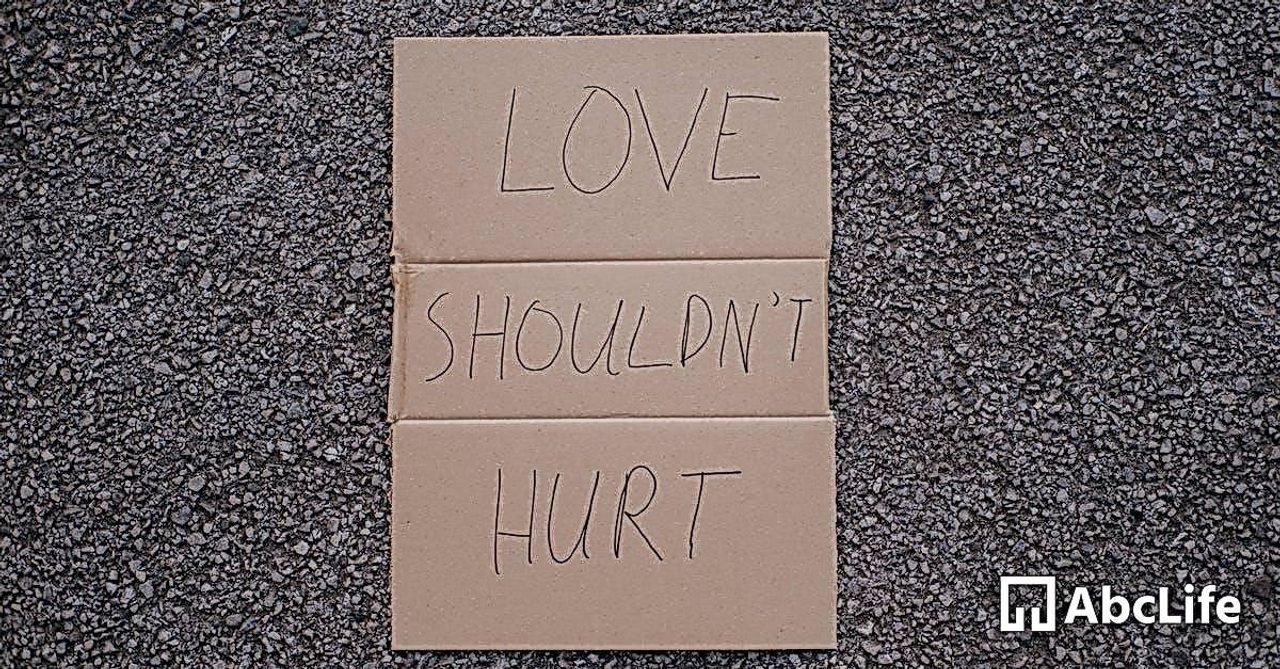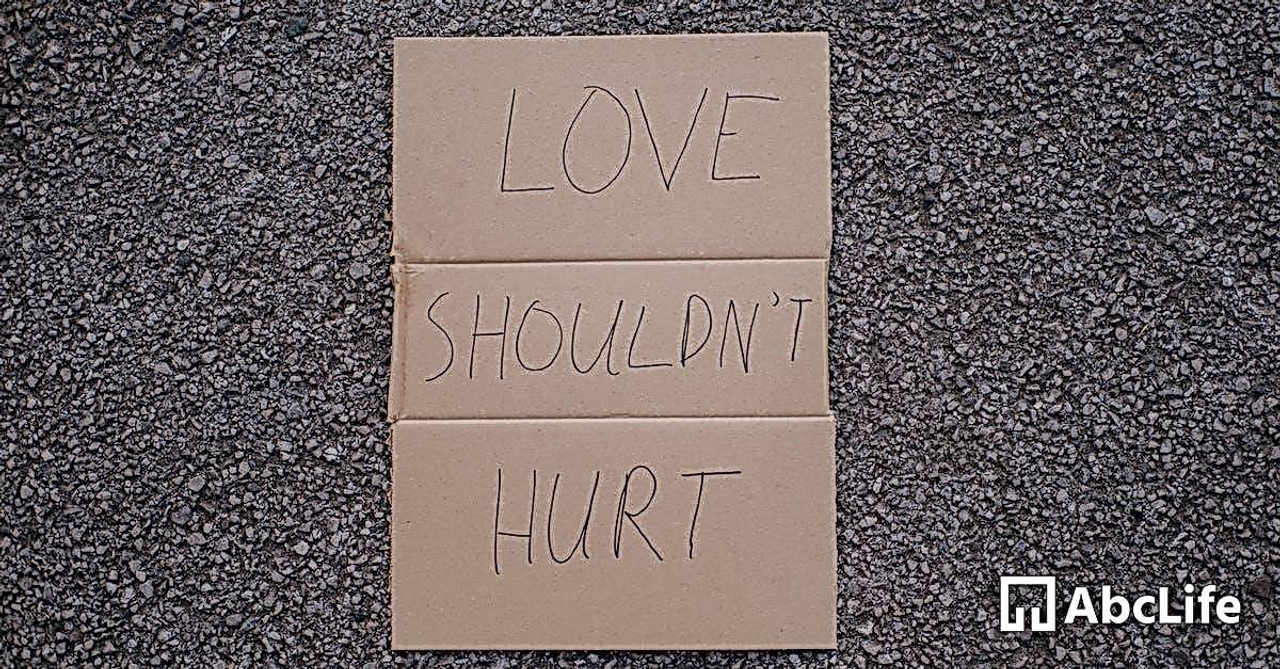Many people who suffer from anxiety find social situations overwhelming. Whether it's going to a party, talking to strangers, or meeting with coworkers, social anxiety can make these situations extremely difficult to manage. However, there are some strategies that can be used to help people cope with their social anxiety. Relaxation techniques and positive self-talk are examples of these strategies, as are cognitive-behavioral therapy and medication. In this article, we will go over various tips and techniques for dealing with social anxiety that can help people gain confidence and overcome their fears. So, if you're experiencing social anxiety, keep reading to learn effective coping strategies.
Understanding social anxiety triggers

Social anxiety is a type of anxiety disorder in which people experience intense discomfort and fear in social situations. The causes of social anxiety vary from person to person, but it is widely assumed that a combination of genetic, environmental, and psychological factors contribute to its development.
Common triggers of social anxiety include public speaking, meeting new people, being the center of attention, and being evaluated or judged by others. Other triggers may include rejection or abandonment anxiety, low self-esteem, traumatic experiences in the past, and cultural or societal expectations.
Understanding your personal social anxiety triggers is a critical step toward managing and overcoming this condition. By identifying these triggers, you can learn to anticipate and prepare for stressful situations, as well as develop coping strategies to deal with them.
Relaxation techniques such as deep breathing or meditation, cognitive-behavioral therapy, exposure therapy, and support groups are some effective strategies for managing social anxiety triggers. Remember that social anxiety is a treatable condition, and with the right support and tools, you can learn to manage your anxiety and have more positive and fulfilling social interactions.
Breathing and Relaxation Techniques for Dealing with Social Anxiety

Although social anxiety can be overwhelming and stressful, there are effective techniques for managing it. Breathing and relaxation techniques are among the most effective ways to reduce social anxiety.
Deep Breathing Exercises
Deep breathing exercises can help to calm the nervous system and slow down racing thoughts. Sit quietly and focus on breathing in slowly through the nose, filling the lungs with air, and then exhaling slowly through the mouth to practice deep breathing. Repeat this process several times, focusing on your breathing sensations.
Muscle Relaxation Techniques
Muscle relaxation can help to relieve physical tension caused by anxiety. Progressive muscle relaxation is a useful technique that entails tensing and relaxing muscles from head to toe. Begin by tensing the muscles in your forehead and holding for a few seconds before releasing. Tension and release each muscle group for several seconds as you move down to the jaw, neck, shoulders, arms, chest, back, hips, legs, and feet.
Social anxiety can be managed more effectively by regularly practicing these breathing and relaxation techniques. These techniques, when combined with therapy and other lifestyle changes, can lead to a happier, healthier, and more fulfilling life.
Challenging negative thinking patterns
One of the most effective ways to manage social anxiety is to challenge negative thought patterns. Negative thoughts frequently exacerbate anxiety symptoms and prevent people from enjoying social interactions. We can, however, develop a more optimistic outlook on life if we can recognize negative thoughts and reframe them positively.
To challenge negative thought patterns, we must first identify negative thoughts that emerge in social situations. "Nobody likes me," "I'm always awkward," "I'm not good enough," and so on. Once we've identified these thoughts, we can confront them with evidence that refutes them. "Are these thoughts based on reality or just my perception of things?" we can ask, and "What is the proof that these thoughts are true?"
Furthermore, it is critical to adopt a growth mindset. Instead of saying, "I'm always awkward," reframe it positively: "I'm working on my social skills, and I will get better with practice." It's also important to focus on our strengths rather than our weaknesses. We all have talents and positive characteristics that we can cultivate and apply to improve our social interactions.
Building social skills and confidence
Many people are anxious in social situations, but developing social skills and confidence can help alleviate some of those fears. The first step in developing social skills is to put yourself in social situations. This can include actively seeking out social opportunities, such as joining a club or group with similar interests, attending social events or parties, or volunteering in the community. The more social situations you encounter, the more at ease you will become.
Working on your communication skills is another effective way to improve your social skills. This includes being aware of your body language and tone of voice, as well as speaking clearly and confidently. Furthermore, active listening and questioning can make you appear more approachable and interested in others. Empathy and understanding for others can also aid in the development of stronger social connections.
Finally, in order to gain confidence in social situations, it is critical to focus on your strengths and what you have to offer rather than your flaws. By emphasizing your positive qualities, you can approach social situations with a more positive and optimistic mindset, which can reduce anxiety and boost confidence.
Using Positive Self-Talk to Manage Anxiety
Anxiety, especially in social situations, can be overwhelming. It's natural to feel nervous when entering a new situation or meeting new people, but this can prevent you from fully enjoying the moment. Positive self-talk is a powerful tool for anxiety management.
When you notice negative thoughts entering your mind, try to stop them and replace them with positive affirmations. Instead of thinking, "I'm going to mess this up," try telling yourself, "I've got this." "I can handle anything that comes my way." It may feel awkward at first, but positive self-talk can become a habit with time and practice.
Remember to be kind to yourself. You cannot control everything, and mistakes will occur. Instead of beingrate yourself, try to reframe your mistakes as opportunities to learn and grow. Celebrate your accomplishments, no matter how minor they may appear.
Positive self-talk can help to rewire your brain and change your perspective, giving you more confidence and ease in social situations. Give it a shot and see how it can help you!
Seeking Professional Help for Anxiety Management
Managing anxiety in social situations can be a daunting experience. While some people can manage their anxiety through self-help methods such as exercise and relaxation, others may need professional assistance. It is critical to understand that seeking professional assistance for anxiety management is not a sign of weakness. It's a brave step toward taking control of your mental health.
Therapy is an effective way to deal with social anxiety. A therapist can assist you in understanding the source of your fears, developing coping mechanisms, and learning relaxation techniques to help you manage panic attacks. Cognitive-behavioral therapy (CBT) is a popular type of anxiety therapy that encourages the development of practical skills for dealing with anxiety symptoms. Medication, on the other hand, such as anti-anxiety drugs and antidepressants, can help to alleviate anxiety symptoms. These medications work by changing the chemicals in our brain that cause anxiety. It is possible to have effective treatment and manage your anxiety in social situations by combining therapy and medication.
Changes in Lifestyle That Can Aid in the Management of Social Anxiety
Social anxiety can be a crippling and overwhelming condition that interferes with an individual's ability to interact with others. Fortunately, there are several lifestyle changes that can help people with social anxiety manage their symptoms and improve their quality of life.
Exercise Regularly
Exercise is one of the most effective ways to reduce anxiety and stress. It promotes the release of endorphins, which have been shown to improve mood and lower cortisol levels in the body. Exercise can also help improve self-confidence, which is especially beneficial for people who suffer from social anxiety.
Practice Relaxation Techniques
Deep breathing exercises, meditation, and yoga are all relaxation techniques that can help with social anxiety. These techniques help to relax the mind and body, increasing feelings of relaxation and lowering stress levels. Including these practices in your daily routine can help you reduce anxiety and improve your emotional well-being.
Avoid Alcohol and Caffeine
Caffeine and alcohol can exacerbate anxiety and should be avoided. Limiting or eliminating the use of these substances can help reduce anxiety symptoms, which is especially important for those who suffer from social anxiety.
Stay Mindful of Negative Thoughts
People who suffer from social anxiety frequently have negative thoughts and beliefs, which can lead to self-doubt and avoidance. Being aware of these negative thoughts can help to challenge and eventually change them. Cognitive-behavioral therapy is particularly useful for identifying and changing negative thought patterns and beliefs.
Overall, making lifestyle changes like regular exercise, relaxation techniques, avoiding alcohol and caffeine, and being mindful of negative thoughts can help with social anxiety and emotional well-being.











